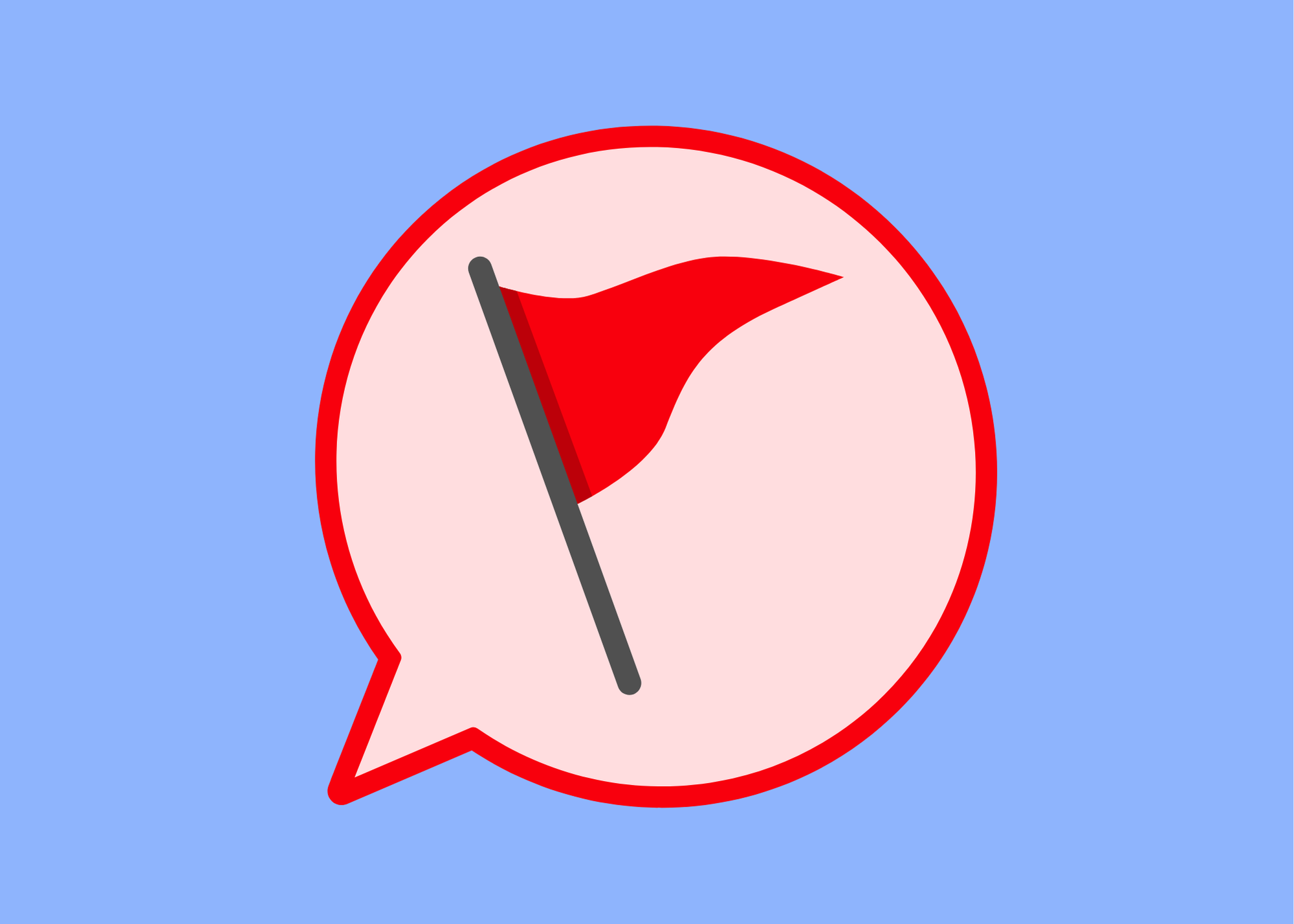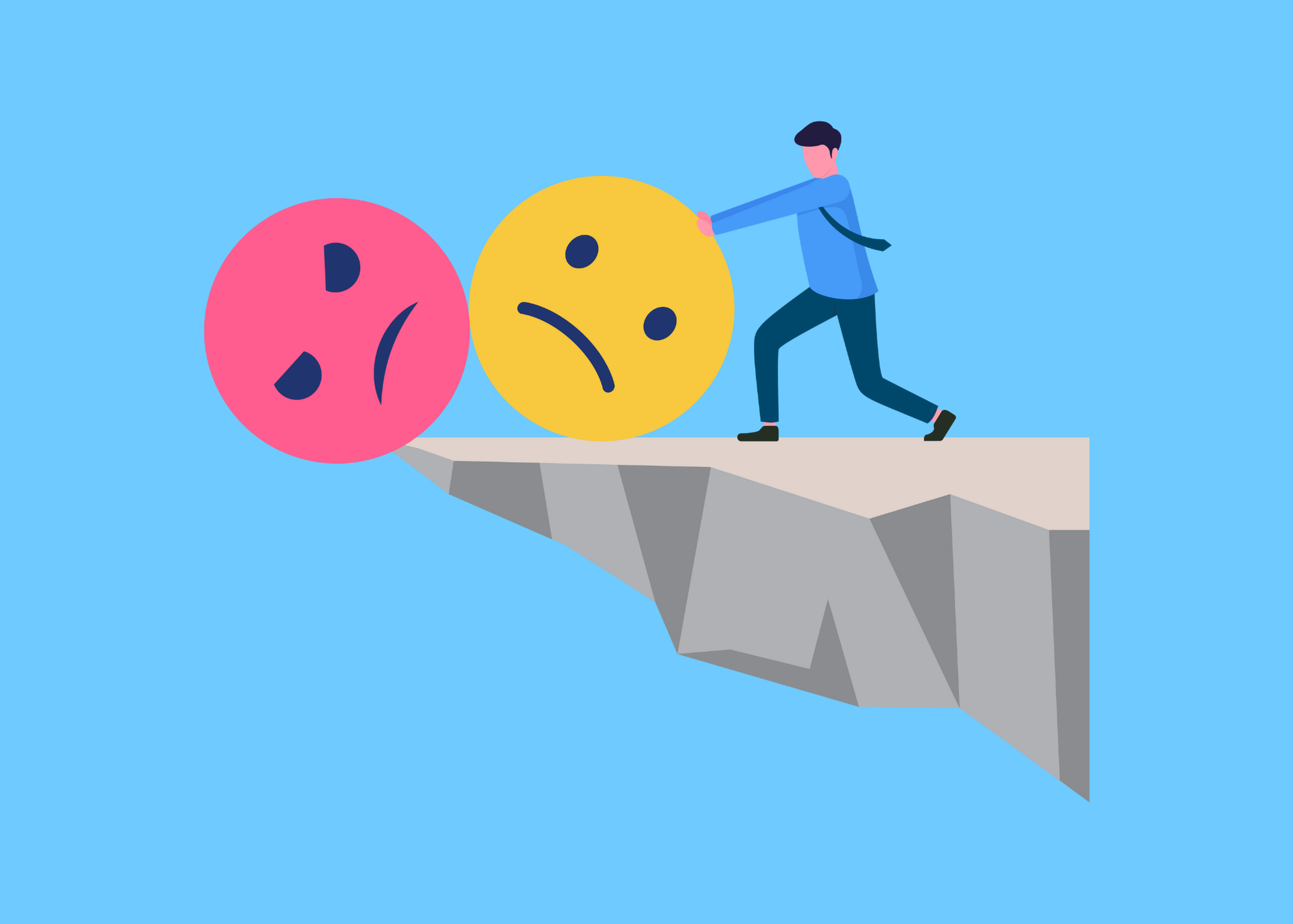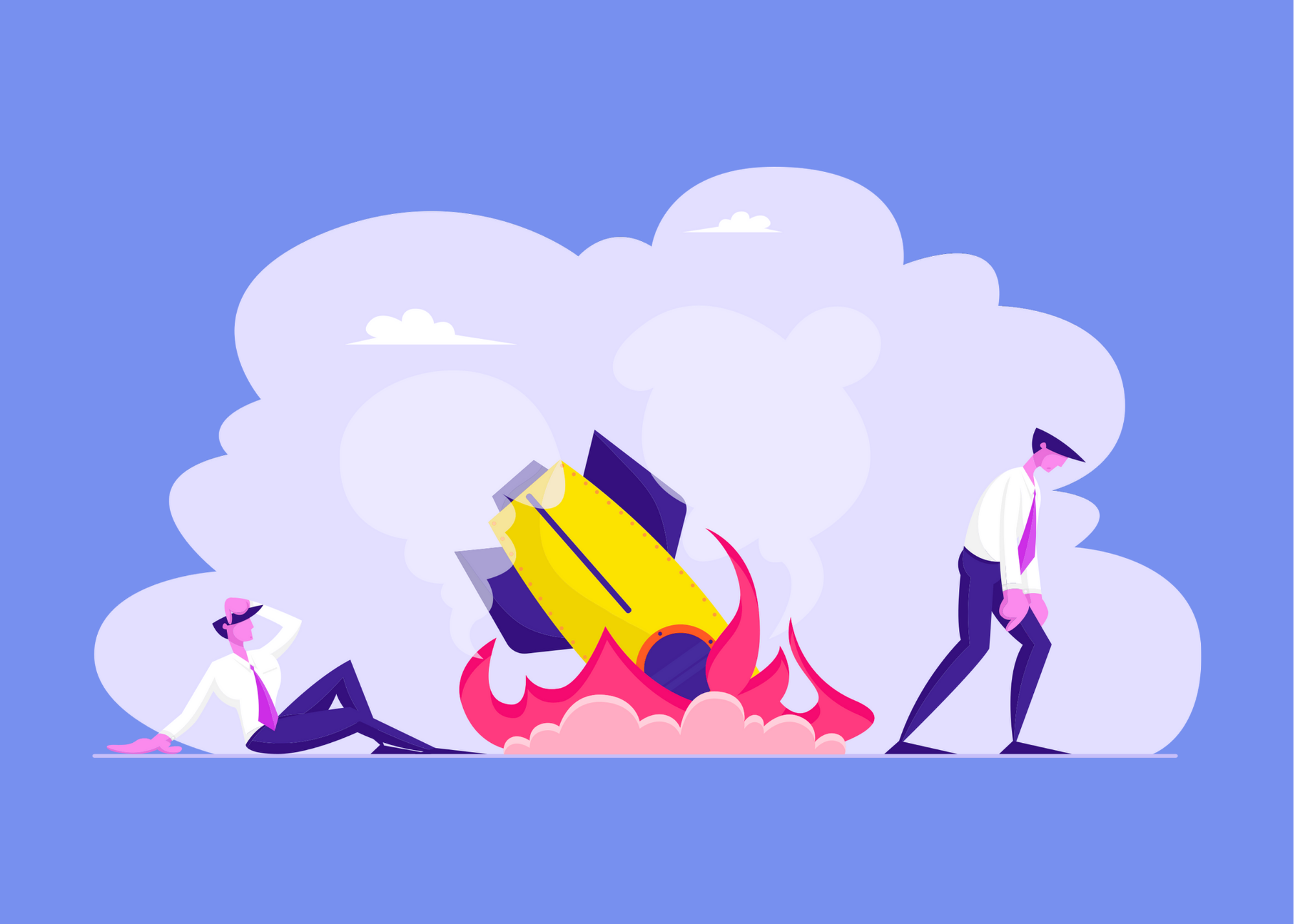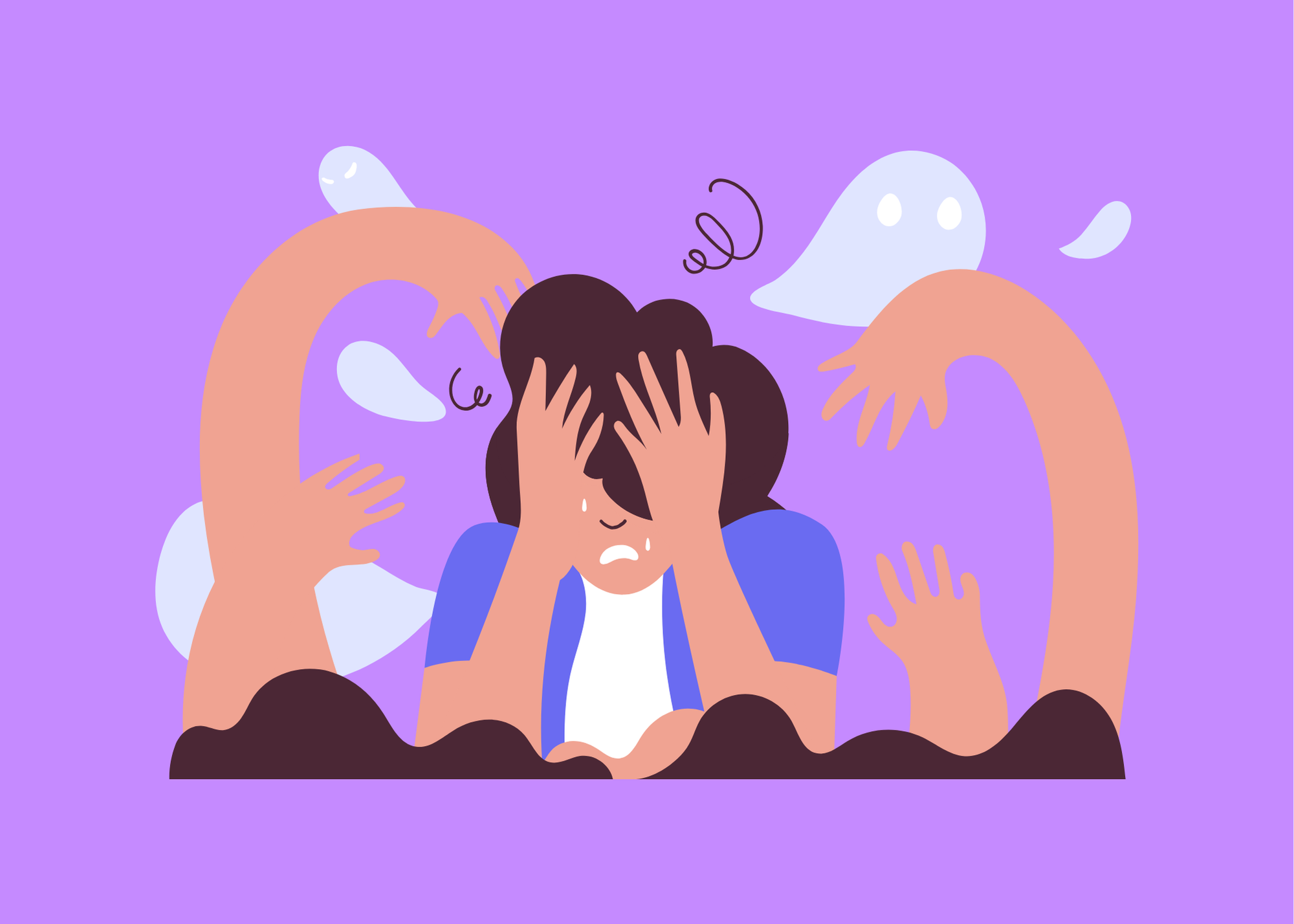The Stress-Productivity Paradox: Why Overworking Hurts Your Career
TL;DR: The real winners in corporate America aren’t the ones grinding the hardest—they’re the ones managing their energy, influence, and strategy. Overworking signals reliability, not leadership. If you're chronically stressed, you're not optimizing your career—you’re sabotaging it.
You’re Not Burnt Out Because You’re Weak.
You’re Burnt Out Because You’ve Been Playing the Wrong Game.
Let’s be honest: corporate culture still romanticizes the hustle. Late-night emails, back-to-back meetings, skipping lunch to "get ahead"—all badges of honor in the modern workplace. But here’s what most high achievers don’t realize: overworking doesn’t make you a leader. It makes you a liability.
The real power players aren’t sprinting on the hamster wheel—they’re managing the game. They know how to conserve energy, play the politics, and show up where it counts. Meanwhile, the chronically overworked are stuck in execution mode: efficient, yes—but exhausted, invisible, and replaceable.
This is the stress-productivity paradox: the harder you push, the worse your performance becomes. And in high-stakes environments like finance, law, consulting, and tech, the cost isn’t just burnout—it’s a stalled career.
Let’s unpack what’s really going on—and more importantly, what to do instead.
Cognitive Cost of Chronic Stress: Your Brain on Burnout
You can’t out-hustle biology. Chronic stress rewires your brain in ways that directly sabotage productivity, creativity, and decision-making. No, this isn’t wellness woo—this is neuroscience.
1. Your Prefrontal Cortex Gets Hijacked
This is the CEO of your brain. It handles executive function, decision-making, emotional regulation, and impulse control. Chronic stress floods your system with cortisol, which impairs this region.
Result: You become more reactive, impulsive, and unable to prioritize. That “foggy brain” you keep blaming on poor sleep? That’s your overworked nervous system, not a lack of hustle.
Example: You spend 30 minutes toggling between five tabs, but can’t make a single decision. Welcome to cognitive gridlock.
2. Your Hippocampus Shrinks
This part of your brain handles memory and learning. Under long-term stress, the hippocampus physically shrinks—meaning your ability to retain new information and connect complex ideas declines.
Example: You blank in meetings, forget deadlines, and reread emails three times before they make sense. That’s not a time management issue—that’s neurophysiological stress fatigue.
3. Your Amygdala Goes Rogue
Stress over-activates your amygdala (your fear center), making you more emotionally reactive and hypersensitive to threat—real or imagined.
Result: Minor feedback feels like a personal attack. You spiral. You lash out. Or worse—you shut down completely.
The kicker: While this neurological soup is wreaking havoc behind the scenes, on the outside you still look “fine.” Until, of course, you don’t.
Hard Work ≠ Leadership
Repeat after me: corporations don’t promote the hardest workers—they promote the most visible, strategic, and politically savvy.
It sounds harsh, but if you’ve ever watched a less competent peer get fast-tracked while you drowned in deliverables, you know it’s true. Welcome to the Workhorse Trap.
🚫 The Workhorse Trap
You’re dependable. You say yes. You pick up the slack. You respond to emails within seconds—even on vacation.
And what do you get?
More work
More burnout
Fewer promotions
Why? Because you’ve branded yourself as an executor, not a leader.
✅ The Management Game
Meanwhile, your peers who delegate, leave at 5, and somehow keep getting promoted? They’re playing a different game:
They protect their time like a CEO.
They say no to low-value tasks.
They invest in influence, not just output.
They’re not lazy. They’re smart. And they understand the unspoken rules of corporate advancement.
Let’s Talk About Deep Health: The Hidden Collateral Damage of Chronic Stress
You can’t compartmentalize stress. It doesn’t stay neatly tucked away in your inbox—it seeps into every area of your life. This is why I coach through the lens of Deep Health—six interconnected dimensions that determine how you actually function in the real world.
1. Physical Health
Stress Fallout: Poor sleep, digestive issues, weight gain, headaches, fatigue.
Science Says: Chronic cortisol disrupts metabolism, immunity, and sleep cycles.
Your Fix:
Schedule 20-minute walks daily.
Lift weights 2–3x/week.
Build a consistent sleep routine.
2. Mental Health
Stress Fallout: Racing thoughts, mental fog, difficulty focusing.
Science Says: Stress impairs working memory and concentration.
Your Fix:
Practice mindfulness.
Try guided meditations, even if it’s just 5 minutes.
Turn off notifications—your brain needs uninterrupted blocks of focus.
3. Emotional Health
Stress Fallout: Mood swings, irritability, reactivity.
Science Says: Emotional dysregulation increases under chronic stress, leading to workplace conflict.
Your Fix:
Journal at the end of the day to process emotions.
Normalize therapy. You don’t need to be “falling apart” to benefit from emotional support.
4. Relational Health
Stress Fallout: Isolation, withdrawal, resentment.
Science Says: Strong social bonds buffer stress and improve resilience.
Your Fix:
Schedule intentional social time—yes, even if you're introverted.
Reach out before you hit emotional rock bottom.
5. Environmental Health
Stress Fallout: Clutter, noise, chaos—all amplify your stress response.
Science Says: Your environment shapes behavior and mood more than willpower does.
Your Fix:
Tidy your workspace every Friday.
Add one calming sensory cue (plants, scent, soft lighting).
Eliminate digital clutter—too many open tabs are killing your focus.
6. Existential Health
Stress Fallout: Feeling stuck, purposeless, like you’re living someone else’s life.
Science Says: Burnout is not just exhaustion—it’s a breakdown in meaning.
Your Fix:
Define what success actually means to you.
Audit your calendar: how much of it reflects your real values?
Tactical Fixes: How to Break the Overwork Cycle (Without Torching Your Career)
Let’s get practical. If you’re stuck in the burnout loop but still need to show up and perform—this is your blueprint.
1. Protect Your Calendar Like a Fortress
Time is your most valuable asset. Stop giving it away like candy at a trade show.
Tactic:
Use time-blocking to protect your energy peaks.
Set non-negotiable “no-meeting” focus hours daily.
Block recovery time post-deadline. Yes, really.
2. Ditch the Inbox Addiction
Constant email-checking trains your brain for reactivity, not deep work.
Tactic:
Set 2–3 designated email times daily.
Turn off push notifications.
Communicate boundaries clearly—people adapt faster than you think.
3. Start the Day with Mental Priming
Forget scrolling. The first 30 minutes of your day sets the tone.
Tactic:
Try a 3-minute morning ritual:
Write down your top priority.
List 1 thing you’re grateful for.
Take 10 deep breaths.
4. Fuel Like a Professional, Not a College Intern
Coffee and convenience bars aren’t a meal plan.
Tactic:
Follow a Mediterranean-style diet: whole foods, lean proteins, healthy fats.
Prep once, eat well all week.
Hydrate—your brain is 75% water, not iced coffee.
5. Rest Like It’s Your Job (Because It Is)
Peak performance requires recovery.
Tactic:
Try the Pomodoro Method: 25 min focused work, 5 min break.
Use your PTO. Don’t hoard it like a badge of loyalty.
Sleep: 7–9 hours. Non-negotiable..
Final Thoughts
Overworking isn’t a flex. It’s a trap.
You can’t spreadsheet your way out of burnout. You need a smarter strategy.
Want to rise in your career? Influence outcomes? Lead with clarity and resilience?
Then you need to master energy, not just time. You need to stop performing exhaustion and start modeling sustainability. You need to show up like a leader—calm, clear, and in control.
Because the truth is, burnout doesn’t make you a badass. It makes you a liability. And the C-suite doesn’t promote liabilities.
Need Help? You’ve mastered the art of pushing through.
But what if you didn’t have to push so hard?
If your default mode is overthinking, overworking, or never resting—it’s time to recalibrate.
Let’s trade survival-mode for something more sustainable.
🎯 Book your free 20-minute strategy session.
Article References
The sources cited in the article:
Harvard Business Review (HBR). "The Productivity Paradox." HBR - The Productivity Paradox
Harvard Business Review (HBR). “How Companies Can End a Culture of Overwork.” HBR - End Culture of Overwork
Forbes. "10 Steps to Prevent Overwork from Destroying You, Your Career, and Your Family." Forbes - Prevent Overwork Destruction
CultureAmp. "Working More Than 40 Hours a Week: Why It Can Do More Harm Than Good.” CultureAmp - Overworking Harm
Psychology Today (PT). “8 Ways to Deal with Overwork and Burnout at Work.” PT - 8 Ways to Deal with Overwork and Burnout






